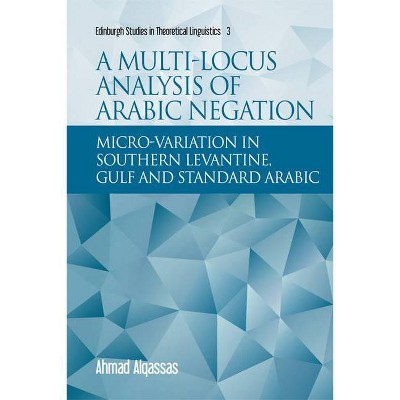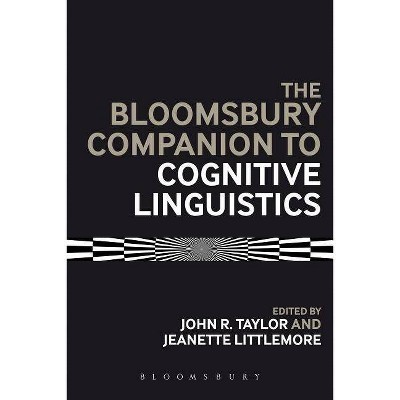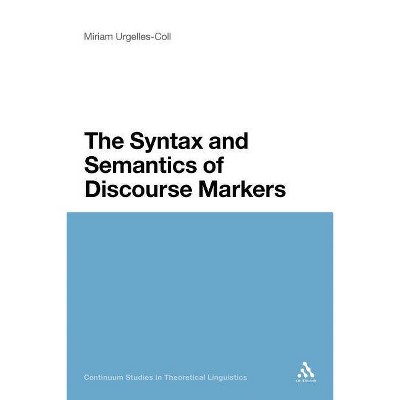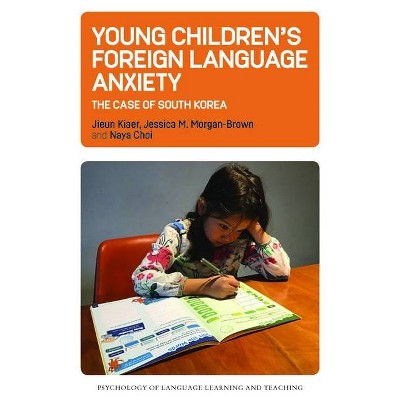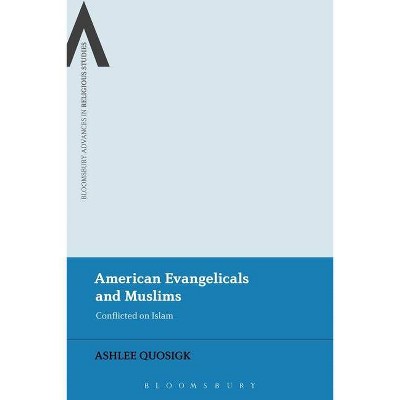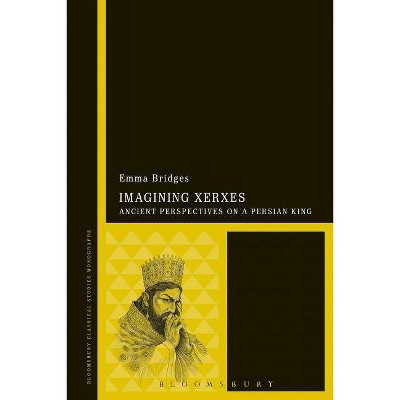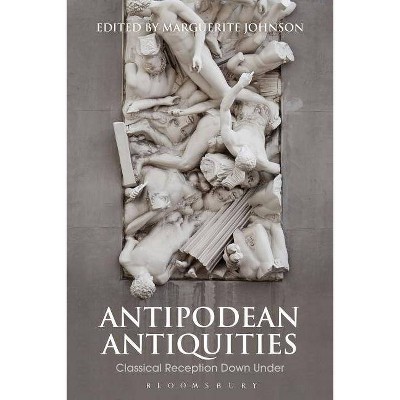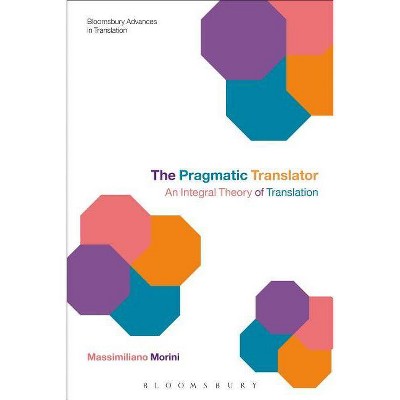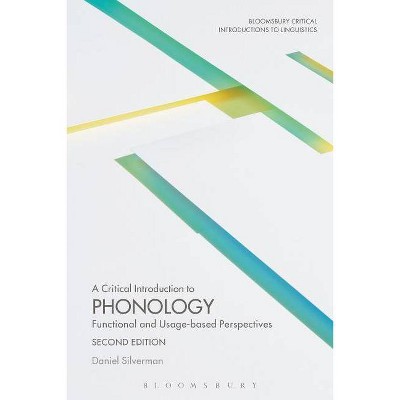Pragmatic Particles - (Bloomsbury Studies in Theoretical Linguistics) by Jieun Kiaer (Hardcover)
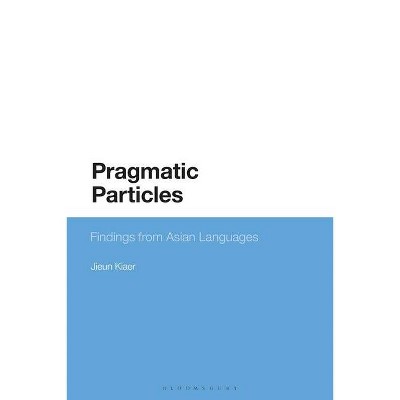
Similar Products
Products of same category from the store
AllProduct info
<p/><br></br><p><b> About the Book </b></p></br></br>"Shedding new light on the constructive and expressive role of particles in natural language syntax and semantics, this book demonstrates that particle behaviours are neither arbitrary nor peripheral. Based on SOV agglutinative languages situated in Asia, previously overlooked in theoretical linguistics, Jieun Kiaer argues that particle behaviours are motivated socio-pragmatically and play a crucial role in explaining syntactic and semantic phenomena. With data drawn from Hindi, Japanese, Korean, Mongolian, Tamil, Turkish and Urdu, the constructive and attitudinal natures of the particles in these languages are analysed and modelled to that fundamentally syntactic decisions are driven by socio-pragmatic needs"--<p/><br></br><p><b> Book Synopsis </b></p></br></br><i>Pragmatic Particles</i> sheds new light on the linguistic theory and application of Asian languages with a particular focus on the role of particles and their socio-pragmatic nature. Drawing on a range of data that spans Hindi, Japanese, Korean, Mongolian, Turkish and beyond, the multidimensionality of Asian languages is brought to attention. Particles are central in this discourse and their constructive, expressive and attitudinal behaviours are revealed to be neither arbitrary nor peripheral. By branching away from a predominantly Euro-centric discussion and covering the relevant formal and functional foundations of syntax and semantics, this book offers an alternative lens to the appropriate treatment of Asian languages in contemporary linguistics.<i></i><p/><br></br><p><b> Review Quotes </b></p></br></br><br><i>Pragmatic Particles</i> timely brings to the forefront of discussion the multidimensionality of Asian languages within the realm of contemporary linguistics. By challenging verb-centric, sentence-bound analyses which permeate the prevailing Euro-centric views on linguistic theory and application, this book offers both theoretical and empirical insight into researching Asian languages. It takes an accessible approach to the subject and encourages readers to re-evaluate the treatment of linguistic data, while critically guiding them through this process. Whether you have a budding curiosity for linguistic theory or a deep interest in the socio-pragmatic elements of language, I highly recommend you to read this book.<br/>Ahn Hyejeong, Lecturer in Language and Communication, Nanyang Technological University, Singapore<br><br>This book enables learners, researchers and teachers of languages to understand the formal and functional foundations of Asian languages - in a sensible and holistic way. It bridges the gap between formal and functional, theoretical and empirical approaches to language. I highly recommend this book to those who are interested in linguistic theory beyond the Anglo-centric discussion.<br/>Seungho Nam, Professor of Linguistics, Seoul National University, South Korea<br><br>This book makes a significant and important contribution both to theoretical linguistics and the study of particles in Asian languages. Using data from across languages of Asia from the Middle to the Far East, Kiaer puts forward cogent and compelling arguments that such languages should have a greater influence on the developments of theories of language and not be analysed in terms of euro-centric views of grammar. She further argues that socio-pragmatic properties of these particles are central to explaining their syntactic and other grammatical behaviour.<br/>Ronnie Cann, Profesor Emeritus of Linguistic Smantics, University of Edinburgh, UK<br><p/><br></br><p><b> About the Author </b></p></br></br><b>Jieun Kiaer</b> is Associate Professor in Korean Language and Linguistics at the University of Oxford, UK.
Price History
Price Archive shows prices from various stores, lets you see history and find the cheapest. There is no actual sale on the website. For all support, inquiry and suggestion messagescommunication@pricearchive.us
